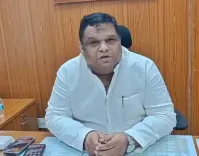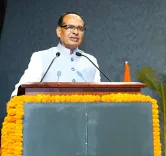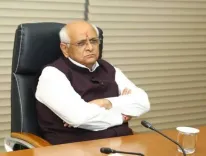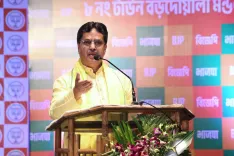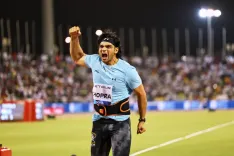How is Delhi BJP Honoring Emergency-era Prisoners?
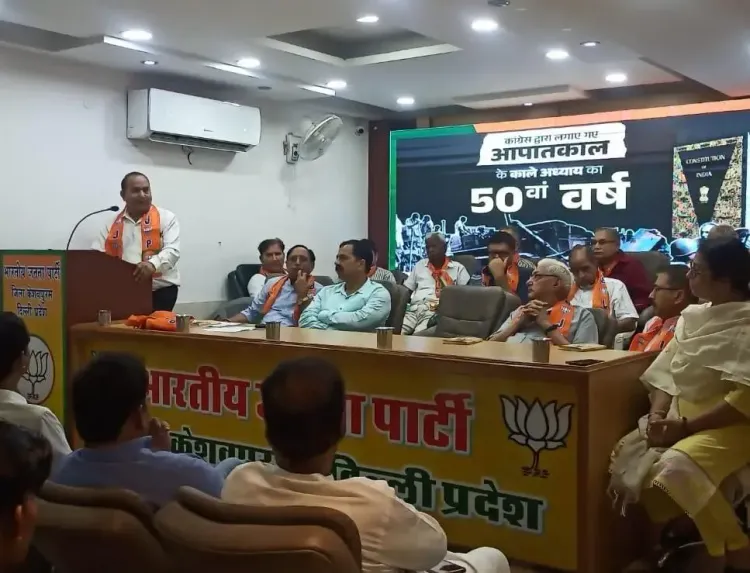
Synopsis
Key Takeaways
- The Delhi BJP commemorated 50 years since the Emergency with district seminars.
- Honoring those imprisoned during the Emergency highlights resilience against oppression.
- Speakers underscored the importance of civil liberties and democracy.
- The events serve as a reminder of the fragility of democratic values.
- The BJP's initiatives aim to educate the public about historical injustices.
New Delhi, June 24 (NationPress) Commemorating the 50th anniversary of the Emergency declaration in India, the Delhi BJP organized district-level seminars across seven areas in the national capital on Tuesday. The party recognized individuals who endured imprisonment during the Emergency (1975–77), a time often referred to as one of the most challenging eras in India's democratic journey.
The events were orchestrated by BJP MLA Gajendra Yadav, with co-conveners Rajiv Babbar, Pankaj Jain, MLA Harish Khurana, and state minister Sona Kumari. Senior BJP officials spoke at local gatherings, honoring the bravery of those who stood up for democracy during those trying 20 months.
At the Naveen Shahdara district office, BJP state vice-president and MLA Rajkumar Bhatia led the ceremony, commending the valor of former detainees alongside district president Vinod Kumar. In Chandni Chowk, state minister Vinod Bacheti addressed the audience, underscoring how civil liberties were suppressed, resulting in thousands being jailed without trial. District president Atul Garg was also in attendance.
BJP leader Rajiv Babbar participated in the Karol Bagh event alongside district president Virendra Babbar, paying tribute to those who, as he stated, “faced imprisonment and injustice but never succumbed to dictatorship.”
Similar honors were bestowed in North East Delhi by state minister Kishan Sharma and district president U.K. Chaudhary, as well as in Keshav Puram, where BJP spokesperson Dr. Anil Gupta spoke to attendees alongside district president Ajay Khatana.
At Mayur Vihar, BJP leader Mahendra Ahuja led the recognition with district president Vijender Dhama, reminiscing about the stifling of press freedom, judiciary independence, and citizens' rights. In Shahdara, a special seminar at Bal Mandir Public School featured senior leader Jai Prakash and district president Deepak Gaba.
They stressed the significance of remembering the Emergency as a caution against authoritarianism.
Through these events, the Delhi BJP reaffirmed its position that the Emergency was not merely a political error but a severe assault on India's Constitution and democratic principles. By honoring those who resisted, the party seeks to remind the nation of the costs of silence and the importance of freedom.
As the country observes 50 years since the Emergency's implementation in 1975, the BJP has initiated a series of programs nationwide to reflect on what it describes as the “darkest chapter of Indian democracy.”
Top party leaders and grassroots workers alike have come forward to recount the 20 months of authoritarian rule under former Prime Minister Indira Gandhi.

